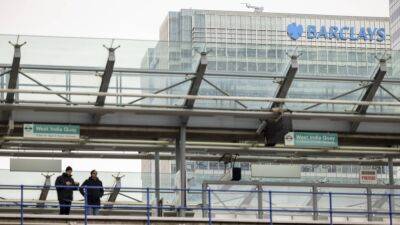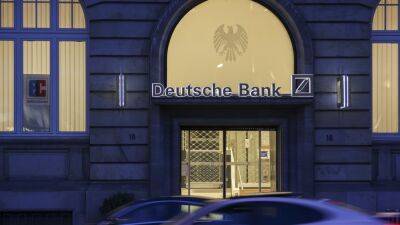UK’s economic crime plan ‘smoke and mirrors’ without new funding
The government’s three-year economic crime plan will amount to “smoke and mirrors” if it does not receive adequate funding, according to MPs and experts who have accused ministers of failing to give it adequate funding.
The new strategy – launched by the home secretary, Suella Braverman, on Thursday after a nine-month delay – sets out what the public and private sectors should do to crack down on kleptocrats, money laundering, sanctions busting and fraud.
While the government has committed an extra 475 financial investigators to help manage the problem, experts at the Royal United Services Institute (RUSI) have said this was “not enough to turn the tide on decades of underinvestment”.
They also warned that the government still lacks a coherent long-term strategy for removing from the UK the assets of sanctions-hit Russians, and has to do more than just applying sanctions.
“The plan places a welcome focus on the threat that the proceeds of kleptocracy and corruption pose to the UK’s national security interests,” said Maria Nizzero, a research fellow at the RUSI UK economic crime programme, who specialises in asset recovery and combating illicit finance.
“However, the actions in the plan are a timid starting point. The response to transnational illicit finance needs to move beyond sanctions into long-term criminal justice responses.”
Concerns were echoed by Margaret Hodge, the Labour MP who is chair of the all-party parliamentary group (APPG) on anti-corruption and responsible tax.
The APPG welcomed efforts to tackle “dirty money” but raised doubts over the level of commitment to addressing the problem in the plan, which runs until 2026.
Sign up to First Edition
Archie Bland and Nimo Omer take you through the top stories and what
Read more on theguardian.com












